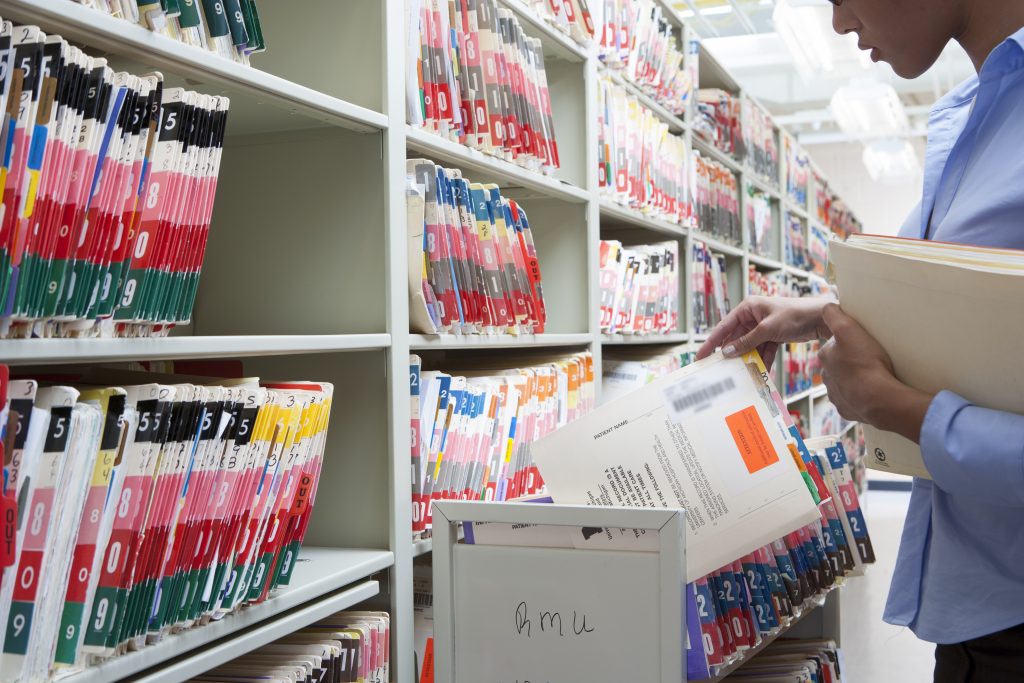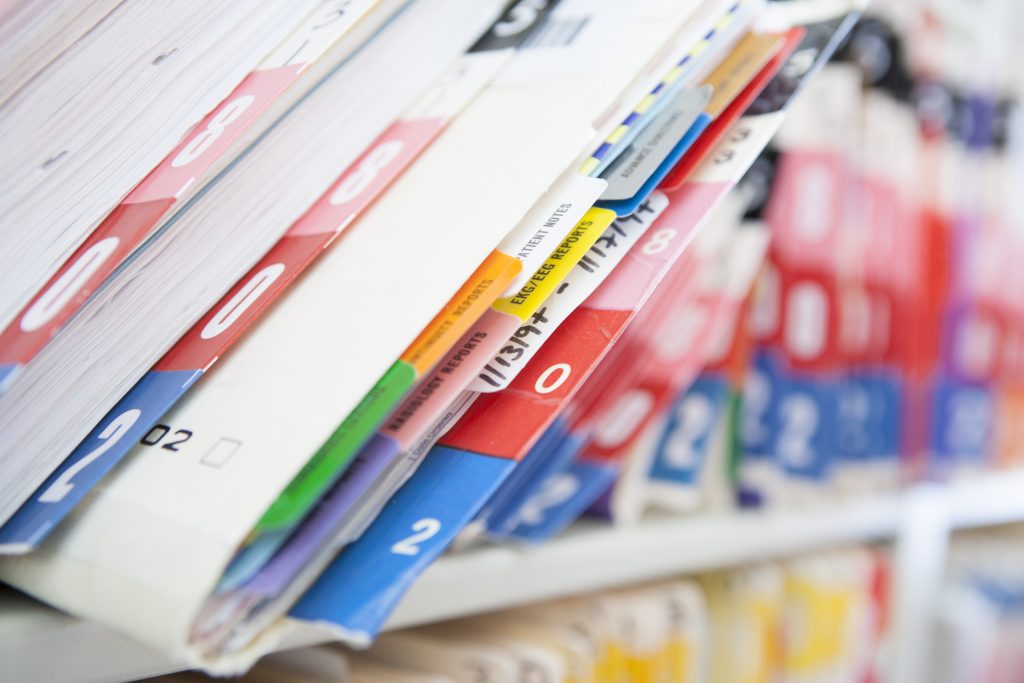Key Takeaways:
- Healthcare billers manage the billing process, submitting claims to insurance companies to ensure healthcare providers receive payment for services rendered to patients.
- They must be knowledgeable about medical codes, billing software, and insurance guidelines, requiring precision and attention to detail to handle billing accurately and efficiently.
- Healthcare billers typically work in various healthcare settings, including hospitals, clinics, and private medical practices.
You may ask what is a healthcare biller anyway? Follow along to learn more about this exciting career and its possibilities. Healthcare billers play a critical role in the healthcare industry. Medical claims are submitted for the services whenever a patient seeks medical treatment. It’s the medical biller who makes sure the patient gets billed for the services and gets billed for the right procedure and the right amount. Here is an overview of medical biller, including how to become one and the career outlook for these professionals.
What is a Healthcare Biller?
A medical biller is a trained professional who submits bills to patients and/or health insurance companies and follows up to ensure the healthcare provider receives payment for the services. When the medical biller receives a claim for healthcare services, it’s represented by a code, which the medical biller translates into a claim. The medical biller is responsible for following up on the bill until the provider has the final reimbursement.
Medical Biller vs. Medical Coders
Because there is a group of medical workers called medical coding specialists, many people think that healthcare billers and coders are the same. They are two different employees and typically have different jobs. When the bill first comes to the billing department, the coder is the one that assigns diagnosis codes to the medical procedures performed.
The medical coder then sends the claim to the medical biller, and the medical biller translates the code and sends out the bill for reimbursement. Some employees who take the required training program may work as medical biller specialists and perform both tasks.

How to Become a Medical Biller
An individual can become a medical biller a couple of ways. Depending on the employer, the individual may receive on-the-job training. However, most healthcare billers or medical billing clerks complete formal training programs. These programs, found at technical schools and community colleges, may be either diploma or two-year associate degree programs. The U.S. News & World Report states that online medical programs are also available.
Certification isn’t require by law, but many prefer to become certified to improve their career opportunities. Healthcare billers can obtain certification through the American Academy of Professional Coders. Healthcare billers who don’t complete a formal training program need to have a lot of work experience as a medical biller because eligibility for certification is often either completing an approved training program or having sufficient work experience. There are a few different certifying agencies, and they each have their own requirements.
What Is The Job of a Healthcare Biller?
A healthcare biller is responsible for submitting medical claims to insurance companies and other payers, keeping track of payments and denials, and ensuring that all claims are processed in a timely manner. Medical biller responsibilities also include monitoring accounts and providing customer service to patients and other medical providers.
A Medical Biller is responsible for the accurate and timely submission of medical procedures the healthcare provider performed to insurance companies and healthcare providers. They are responsible for the billing process, which includes verifying patient information, creating and submitting billing data, and following up on unpaid claims if there is no insurance coverage.
The medical biller job description also involves working with an insurance company to ensure payments are made for insurance claims in a timely manner, as well as collecting payments from patients and entering them into the financial system. In addition, they must also maintain and update electronic medical records, and enter diagnosis and procedure codes into the system.
You must be knowledgeable of the different insurance plans and their policies for reimbursement, as well as the billing software used by providers. They also must have a thorough understanding of the medical billing process and be able to interpret medical terminology and procedure codes. In addition, they must be comfortable working with people and be able to effectively negotiate and work with insurance companies to ensure their claims are paid.
You must also be proficient in customer service, be able to handle delinquent accounts, keep patient’s medical records secure, and be able to accurately interpret and submit billing data to insurance companies. They must be able to work quickly and accurately, and be able to handle multiple tasks and deadlines. As technology advances, you must be able to to learn new software and procedures to keep up with industry standards.
What Are Some Jobs Heathcare Billers Can Do?
- Medical Billing Clerk
- Medical Biller
- Medical Billing and Coding Specialist
- Health Insurance Biller
- Medical Claims Biller
- Medical Coder
- Medical Billing Specialist
- Medical Reimbursement Specialist
- Medical Billing Representative
- Medical Billing and Coding Technician
What Are Some Skills Healthcare Billers Need To Have?
- Knowledge of medical terminology
- Proficient in insurance regulations and coding
- Ability to work with a variety of billing software programs
- Attention to detail and accuracy
- Excellent customer service and communication skills
- Ability to multitask and prioritize tasks
- Knowledge of Medicare, Medicaid, and other government programs
- Analytical and problem-solving skills
- Knowledge of medical office procedures
- Time management skills
- verbal communication skills
Career Outlook for Medical Billers
Despite some of their differences, billers are often lumped in the same group medical records and health information technicians. In other organizations, they’re categorized as billers and coders or medical clerks. The U.S. Bureau of Labor Statistics (BLS) reports that medical records and health information technicians should see a job growth of 13 percent during the decade of 2016-2026. Salary.com reports that medical biller clerks earned an annual median wage of $36,820 as of March 2018.
Related Resource: 5 Jobs With a Master’s in Public Health Degree
As rewarding as it must be to help patients get better, not everyone is comfortable with having direct contact with patients. Many people want careers where they can contribute to the medical industry without having that contact. Working as a medical biller is the ideal career choice for those individuals.
Do Healthcare Billers Make More Than Coders?
It depends on the job responsibilities and experience of the biller and coder, as well as the region and employer. Generally, coders may make more than healthcare billers, however there can be some overlap in their salaries.
The average salary for healthcare billers in the United States is $38,000 per year. However, salaries can vary greatly depending on the location, experience level, and other factors.
Related:
5 Important Mental Health Jobs
5 Jobs With a Master’s in Public Health Degree
